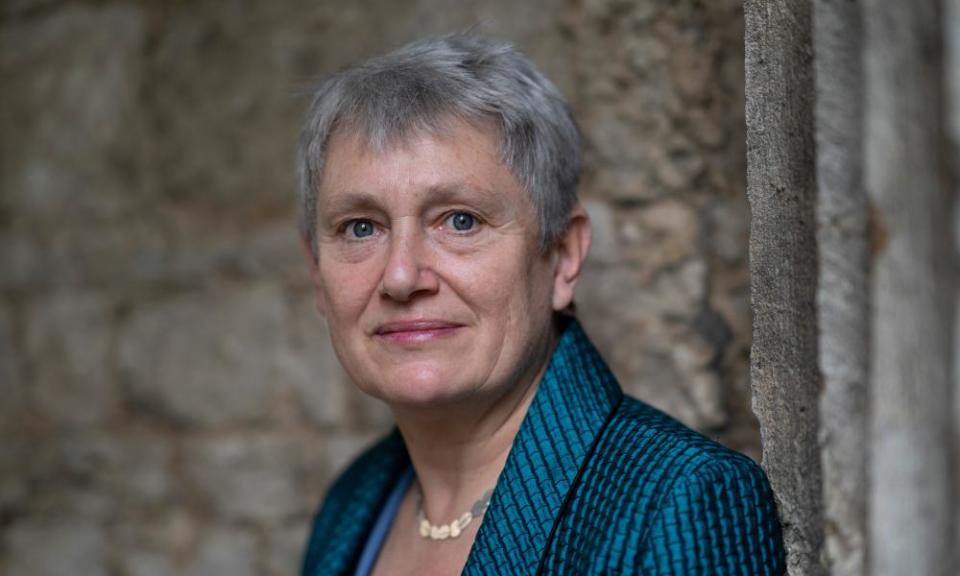Using psychedelics for depression is exciting area, says ex-vaccines chief

The former chair of the UK’s Covid vaccine taskforce has described the use of psychedelics to treat depression as an “area of real excitement” in a talk at the Hay literary festival in Wales.
Speaking at a panel event alongside the UK government’s former chief scientific adviser Sir Patrick Vallance, Kate Bingham said she was hopeful that the drugs could have a positive impact on mental ill health.
When asked by an audience member whether his 107-year-old grandmother, who has had depression for the last seven years, would benefit from psychedelic drugs or ecstasy, Bingham responded that “there is strong data now showing that different interventions can have effects on depression and mental health”.
The challenge so far when it comes to psychedelics, she said, is that “it’s been quite difficult to disassociate the trip from the actual reset of your mental health”. If such drugs were to be prescribed for depression, it would therefore be difficult to regulate, she added.
“How do you regulate psychedelics so they can be given safely to the over-85s or the young adolescents who are in a really bad way?” asked Bingham, though she added that she thought the research would “come through”.
Vallance said: “I don’t think you can slip your grandmother an ecstasy tablet. We’ve got to test these things.
“One of the really shocking things is how few people are in clinical trials,” he added. The Covid Recovery trial, which Vallance said was “the best study in the world for looking at interventions at its peak”, had about 11% of all Covid patients in UK hospitals on a clinical trial. “That is about 12 times more than you have for most diseases, when you have about 1%.”
Related: Will psychedelic drugs transform mental health treatment? – podcast
“That can’t be right,” he said. Whatever you are testing he added, whether it is the possibility of treating depression with psychedelics or anything else, “the healthcare system needs to be much more geared towards testing these things properly, gaining answers as quickly as possible”.
Earlier this month, a number of psychiatrists and mental health charities wrote to the government calling for a change in legislation regarding psilocybin, the active compound in magic mushrooms.
The campaigners, which included the charity Campaign Against Living Miserably (Calm), think it should be legal for the drug to be used on the NHS and in medical research.
According to research published in April 2022, psilocybin could be helpful for those with treatment-resistant depression. Professor David Nutt, the head of the Imperial Centre for Psychedelic Research, said at the time that the findings showed that psilocybin “works differently from conventional antidepressants, making the brain more flexible and fluid, and less entrenched in the negative thinking patterns associated with depression”.
Related: The big idea: should doctors be able to prescribe psychedelics?
However, since psilocybin is both a class A drug and a schedule 1 drug (it is classed as having no therapeutic value) it is difficult for researchers and medical professionals to access it.
The call to reduce restrictions was backed by a cross-party group of MPs and was debated in the House of Commons on 18 May. MPs agreed that “an evidence-based approach is required in order for parliament and the government to pursue the most effective drugs policy in the future” and called on the government “to conduct an authoritative and independent cost-benefit analysis and impact assessment of the Misuse of Drugs Act 1971 and to publish the results of those studies within the next 12 months.”

 Yahoo News
Yahoo News 